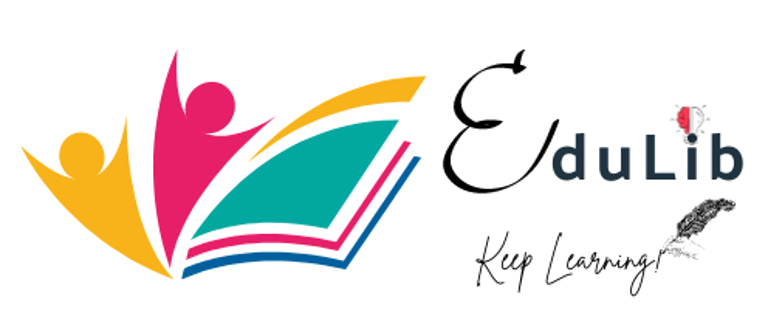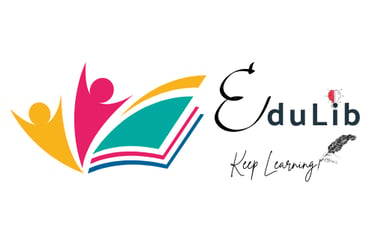
How Assessment Arrangements Can Be Adapted to Meet the Needs of Individual Learners
Discover the art of adapting assessment arrangements to cater to individual learners' needs. Uncover effective strategies that ensure inclusivity, fairness, and personalised learning experiences.
Assessors or tutors must consider the needs of different learners during the assessment process. They must not disadvantage any student because of language requirements, cultural or religious requirements, physical disabilities, particular learning needs, or working patterns. The assessments must be made accessible to these groups of students.
EAL Students with language requirements can be provided with other means of meeting the criteria of the units. They could be given the option to draw evidence or verbally present a presentation rather than in written form. They may be provided with the opportunity to present the answers in their primary language. Also, they can use various translation software programs to convert the written words to the required language. For example, I advised a Spanish student who struggles with written English to use Google Translate to convert his work to the English language. Also, I advised him to use Grammarly, a comprehensive writing app, to check for grammar, spelling, and punctuation errors.
Assessors or tutors should consider cultural or religious requirements during the assessment process. Assessment deadlines may be set so that they do not affect the observance of major religious holidays/festivals. Also, the use of alcohol-based gel or handwashing products may need to be confirmed with the Muslim students. To avoid offence, the use of images or drawings of religious prophets or individuals must be prohibited.
Tutors need to confirm the health records of students to ascertain their ability to complete a task. For example, if laboratory activities are required to achieve the criteria in a unit, students with a physical disability, such as wheelchair users, may be asked to coordinate the process or assign tasks to other members of the group. They may be asked to collect the data if the learner has arthritis.
Suitable assessment arrangements must be made for students with additional learning needs, such as those with arithmophobia, dyslexia, etc. For example, one of my students with dyslexia had an exam access arrangement where he got 25% additional time to complete his exam-based summative assessments. Also, I ensured his summative assessments were printed on blue papers to enable him to focus on the letters.
Learners should be brought into the assessment process at the start of the course. Tutors should be flexible to make suitable changes to their assessment plans so far it does not affect the delivery of the unit contents or topic areas. For example, in the science and material unit I teach on Fridays, the part-time mature HNC students told me they preferred assessment deadline dates to be on Thursdays at 11:59 pm. This is to allow them enough time to complete the tasks over the weekends/at night because of family and work commitments. They also told me they would prefer a minimum of three weeks to complete a summative assessment with one learning outcome. I then made these changes in my assessment plans.
Reference/Bibliography
Davies, A. and Stiling, L. (2021) TAQA – training assessment and quality assurance [PowerPoint presentation]. 22 October.
Gravells, A. (2014) Achieving your assessment & quality assurance units (TAQA). 2nd edn. London: Learning Matters SAGE.
Gonzalez, V. (2019) How we can fairly assess English learners. Available at: https://www.middleweb.com/41421/how-we-can-fairly-assess-english-learners/#:~:text=Reducing%20the%20language%20barrier%20when%20assessing%20students%20will,the%20literacy%20they%20have%20in%20their%20primary%20language (Accessed: 19 November 2021)


